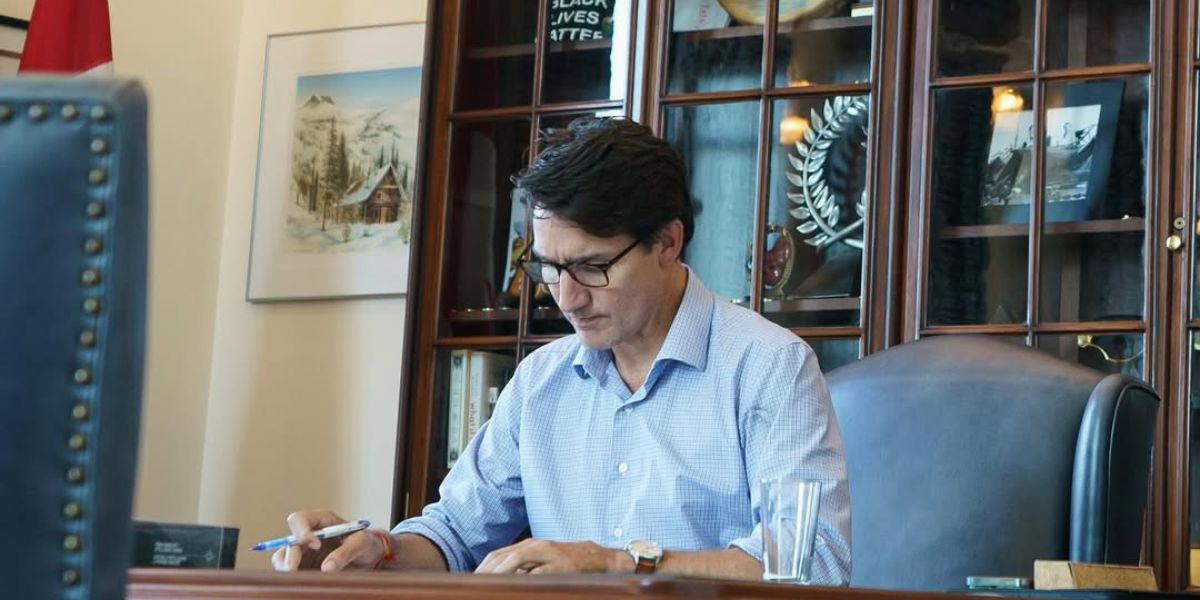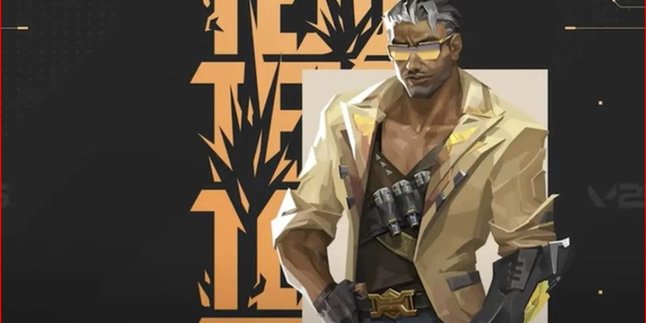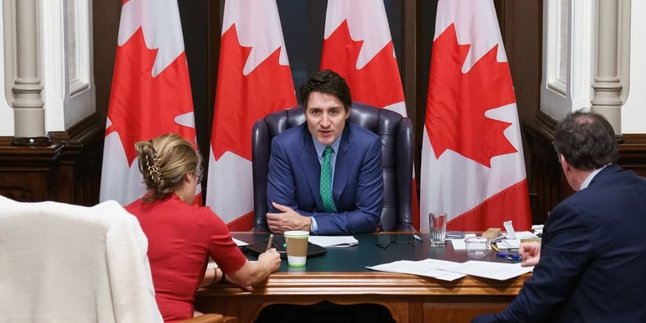Kapanlagi.com - The 23rd Prime Minister of Canada, Justin Trudeau, surprised many with his announcement of resignation after nearly a decade leading the Liberal Party. In a press conference held at Rideau Cottage, Ottawa, on Monday (6/1), Trudeau revealed this decision amid a wave of dissatisfaction sweeping through his party and declining public support for him.
Trudeau explained that the deadlock in the Canadian parliament over the past few months, which has been the longest session in the history of minority government, was one of the reasons behind this bold move.
"This country deserves a real choice in the upcoming election. If I am caught up in internal disputes, I cannot be the best choice for that election," said Trudeau, in the press conference on Monday, quoting the BBC.
1. The Reasons Behind Trudeau's Resignation
Justin Trudeau announced a shocking move to resign from his position, realizing that the Liberal Party needs a new leader ahead of the 2025 federal elections. Discontent among party members has been increasingly evident since late 2024, with open criticism of his policies.
His popularity has also declined in the eyes of the Canadian public, where many feel disappointed with his government's performance, particularly in addressing economic issues and international relations. Pressure from the increasingly strong Conservative opposition adds to the challenges facing the Liberal Party in maintaining support in parliament.
In his statement, Trudeau asserted, "I intend to resign as party leader and prime minister, after the party elects its next leader through a rigorous national competition process," marking a new chapter in his political journey.
2. Still Prime Minister Until a New Leader is Found
Although he is stepping back as party leader, Justin Trudeau assures that he will continue to lead as Prime Minister of Canada until his party finds a successor. The Liberal Party is now preparing to hold internal elections to determine the new figure who will continue the leadership baton.
Several names have emerged as potential candidates, such as Foreign Minister Mélanie Joly, Innovation Minister François-Philippe Champagne, and former central banker Mark Carney, while Finance Minister Dominic LeBlanc is also considered a strong contender.
Sachit Mehra, President of the Liberal Party, reaffirmed the party's commitment to electing a leader who can continue the progressive vision that Trudeau has instilled.
"All Liberals in this country extend their deep gratitude to Justin Trudeau for over a decade of his inspiring leadership," he stated.
3. Bring Big Changes to Canada
Justin Trudeau, a progressive leader who has changed the face of Canadian politics, has made a remarkable history by securing the Liberal Party's victory in three consecutive elections in 2015, 2019, and 2021, although two of them ended with a minority government.
Under his leadership, various ambitious programs such as the Canada Child Benefit were introduced to reduce child poverty, while innovative environmental policies encouraged the transition to clean energy.
Not only that, Trudeau also demonstrated his commitment to gender equality by forming a cabinet that is balanced between men and women.
However, his leadership journey has not always been smooth; several controversies, including economic policies viewed as ineffective and political scandals, have been used by the opposition to challenge his government.
4. The Impact of Trudeau's Resignation on Canadian Politics
Justin Trudeau's resignation opens a new chapter for Canadian politics, providing a fresh opportunity for the opposition led by Pierre Poilievre to strengthen their position ahead of the 2025 elections. Poilievre does not hesitate to launch sharp criticisms against Trudeau and the Liberal Party, viewing the leadership change as a clever move to evade responsibility.
Meanwhile, the Liberal Party now faces a significant challenge to rebuild unity among its members who are divided due to internal dissatisfaction. The process of electing a new leader will be a crucial moment that will determine the party's future direction.
Behind this resignation lies the end of Trudeau's era of dominance that has colored the Canadian political stage for nearly a decade, making him one of the most influential prime ministers in the country's modern history, despite being marked by various challenges.
5. Challenges and Hopes for the Liberal Party
The Liberal Party is now faced with an important mission to restore the public's trust that has begun to fade. With the election of a new leader who is expected to inject enthusiasm and more relevant strategies, the party aims to win the hearts of voters ahead of the upcoming elections.
Their main focus is on crucial issues such as the economy, climate change, and international relations—three themes that are highly regarded by the Canadian public. The candidates are expected not only to address these challenges but also to do so in an innovative and fresh manner.
With the election scheduled for October 2025, every second is extremely valuable for the Liberal Party to strengthen its position amid increasingly tight political competition.
6. Why did Justin Trudeau resign as Prime Minister of Canada?
Trudeau resigned due to internal party dissatisfaction, opposition pressure, and his declining popularity in the eyes of the public.
7. Who are the potential replacements for Justin Trudeau?
Several names have emerged as strong candidates in this race, including Mélanie Joly, François-Philippe Champagne, Mark Carney, and Dominic LeBlanc, each bringing unique potential and experience to lead towards a better direction.
8. What is the impact of Trudeau's resignation on the Liberal Party?
The Liberal Party is now at an important crossroads, where they must quickly choose a new leader who can guide their steps towards the 2025 election.
9. When is the next election in Canada?
The highly anticipated Canadian federal election will be held in October 2025, marking an important moment in the political journey of this country.
(kpl/rmt)
Disclaimer: This translation from Bahasa Indonesia to English has been generated by Artificial Intelligence.












